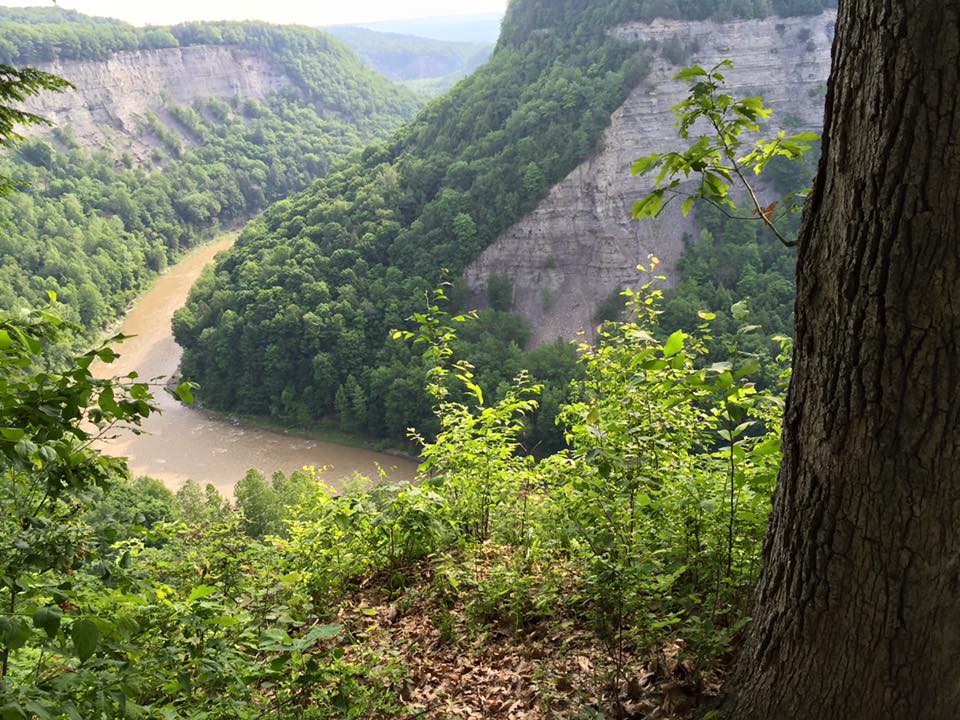Happy Friday, dear readers! This Friday marks my exploration of the final chapter in Changing Paths by Yvonne Aburrow. I thought I’d offer a few musings on the following journal prompt from the book:
Do you believe that all religions are paths up the same mountain, or up entirely different mountains?
As I think about this question, I suppose that all religions might have the same goal in an extremely broad sense, the sense that religions attempt to connect us with the numinous. But the nature of what the numinous actually is and the reasons to connect to it can be vastly different.
In certain forms of Christianity, such as evangelical Christianity as practiced among white people,1 the goal seems to be to cozy up to the Christian god in order to secure one’s place in a pleasant, satisfying afterlife. In extreme cases, this kind of theological framework views this life and this earth as completely unimportant, enabling some such Christians to not care about protecting the environment or making the world a better, more just place.2
Compare this to Judaism, where the message of the religion is mainly about building community and sticking together in this life as well as making this world a better place for everyone. Or consider the many Pagans who view this earth as sacred — or at least close to it — and life something to be celebrated in a religious context.
I think things get even more varied and nuanced when you consider how different religions perceive and talk about the numinous or even the Divine. Religions that are authoritarian and expect unquestioning obedience to their deities are quite different from religions that view deities as beings one can negotiate and argue with and possibly even enter into a mutually beneficial relationship to achieve common goals together. When you add in religions that might seek out connection with the numinous but not specific deities or similar entities, I think the possibilities become even more numerous and varied.
The reality is that such different conceptualizations of the Divine and/or the numinous further impacts the goals of a given religion. As my title for this post suggests, I’m not even sure we’re all traveling up the same mountain. Some of us may be headed toward and traversing different geological features entirely.
Footnotes
- I should note that many non-white people take a similar view, especially those who attend churches that are predominantly led by white people. However, I think it’s important to note that there are non-white evangelical churches — most notably Black churches — that see things very differently. They tend to be deeply influenced by liberation theology (mainly because they developed it). This can best be seen by studying how the Black church was a key driver in the Civil Rights movement and continues to advocate for racial justice, as compared to white evangelicals who have tended to downplay racial justice issues, even suggesting it’s something that will only be resolved “when Christ returns and establishes his kingdom.” ↩︎
- Again, I’m painting with a broad brush pointing out trends. There are Christians who take a completely different approach to their theology and the implications of what it means to live out a Christian life. I’d say that different Christians are even “traveling up different mountains” from one another. So if you’re a Christian and you’re getting ready to tell me I’m not describing what you believe as a Christian, relax. I’m not talking about you. It’s the whole reason I’ve been trying to use precise language here. ↩︎

